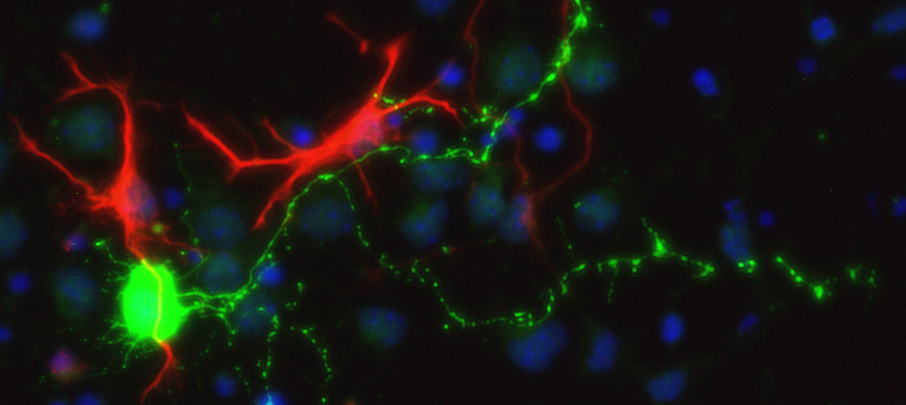Tag: Pharmacology
-

Surface Protein Helps Tumor Cells Form Clusters
Circulating tumor cells use the surface protein ICAM1 to strengthen stem cell programs and facilitate formation of tumor cell clusters, which can travel from primary tumors to other organs in the body.
-

Study Identifies Genetic Variants Associated with COVID-19 Severity
In collaboration with Northwestern Medicine investigators, an international multi-center study has identified genetic factors associated with SARS-CoV-2 infection and COVID-19 severity.
-

Department of Pharmacology Looks Ahead to New Discoveries and Collaborations
Feinberg’s Department of Pharmacology has expanded in size, faculty, and research focus, and is looking ahead to future growth in the field.
-

Cancer Drug May Have Potential for Pain Relief
Scientists discovered a previously unknown receptor site in a voltage-gated sodium channel, suggesting that a commonly-used cancer drug could be used to target this channel and relieve pain.
-

Untangling Cellular Changes in Pediatric Epilepsy
For the first time, Northwestern Medicine scientists have characterized how a genetic mutation associated with pediatric epilepsy affects neuron activity.
-

Improving Treatment for Triple-Negative Breast Cancer
A team led by Northwestern Medicine investigators has identified a novel molecular target that may improve the efficacy of current treatments for triple-negative breast cancer.
-

New Insights into Synaptic Plasticity
Calcium channels commonly found in immune cells are also present in the brain and regulate synaptic plasticity, according to a recently published study.
-

Novel “Gate Latch” Mechanism Essential for Activation of Immune System
Northwestern Medicine investigators have identified a novel “gate latch” mechanism within the Orai1 ion channel that is essential for proper activation of the immune system.
-

Uncovering the Impact of Protein Mutations in Parkinson’s
Northwestern scientists have determined how two protein mutations responsible for the impaired motor function in Parkinson’s disease independently disrupt neuron activity.
-

Proteins on Neuron Surfaces Prove Pivotal for Communication
A cell-surface protein is essential for proper microcircuit function in the brain, according to a study published in Nature Communications.





